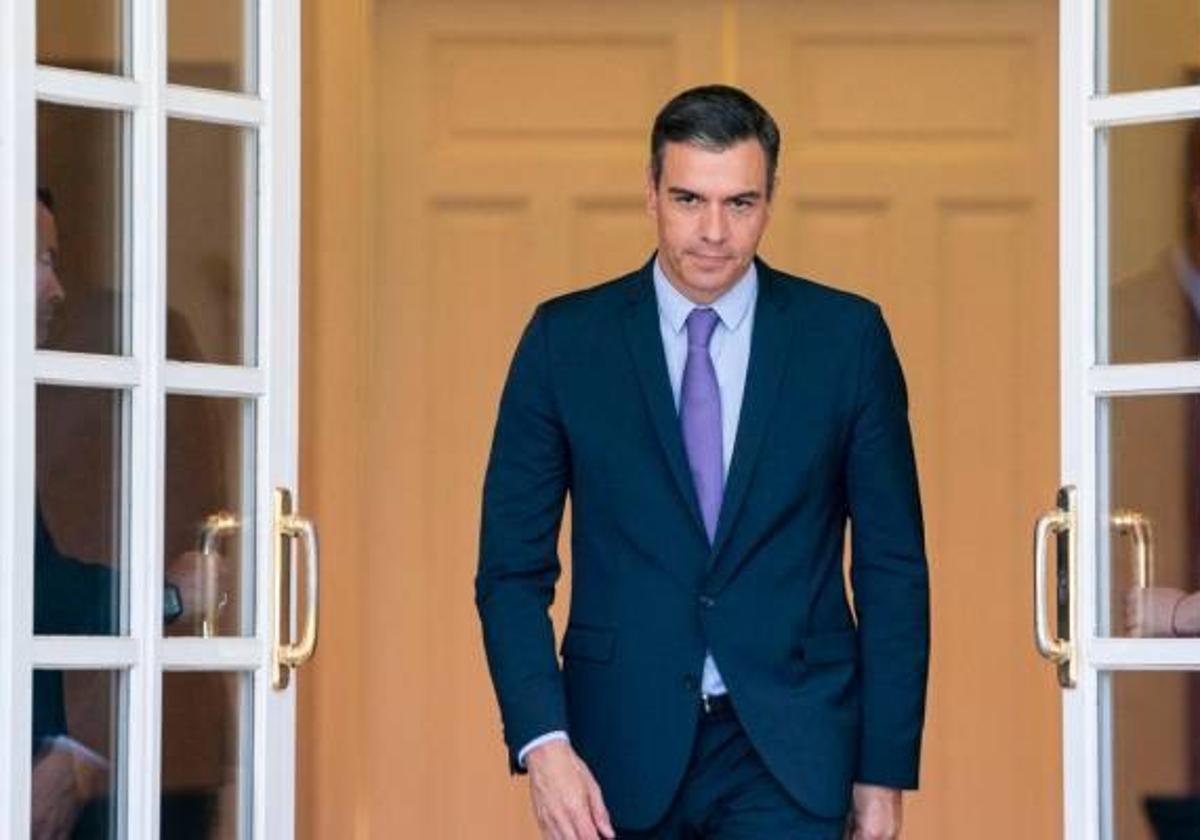Rogue state
If a repeat election becomes necessary in December (which seems likely), then Spain won't have had a proper leadership for the entire duration of its stint at the helm of the EU
Mark Nayler
Friday, 18 August 2023, 17:37
Yesterday, Spain's politicians returned to Congress from beaches and holiday homes with one major task ahead of them: forming the country's next government. ... As they attempt to do this, it's easy to forget that the hold-over administration of Pedro Sánchez is already six weeks into its six-month presidency of the EU Commission, a position Spain won't hold again for another thirteen years. If a repeat election becomes necessary in December (which seems likely), then Spain won't have had a proper leadership for the entire duration of its stint at the helm of the EU.
Spain occupies this position at a crucial moment for the bloc, so its lack of an active administration will not go unnoticed in Brussels. Major issues include reform of the Stability and Growth pact, regarding which EU officials hoped that Sánchez could smooth disagreements between Germany and France, and Ukraine's EU accession bid, which Volodymyr Zelensky triggered four days after the Russian invasion in February 2022. The Spanish prime minister is due to chair a meeting of EU leaders in Granada in October to discuss Ukraine's progress towards membership, but it's still unclear who this will be (if anyone) and, therefore, what stance Spain will take. Brussels hates this kind of uncertainty, even over less important matters.
Germany didn't hold the EU presidency in 2017, but its fratricidal caretaking government - a so-called "Grand Coalition" between Angela Merkel's conservative Christian Democrats and the Social Democrats - was still perceived as a liability within the EU. Lack of cohesion within this zombie administration enabled ministers to make what were, for Brussels, unpleasantly surprising decisions - as when a Social Democrat voted for Paris as the future location of the European Banking Authority, not Dublin, as he had been instructed to; or when, a week later, agriculture minister Christian Schmidt voted for the continued use of a controversial pesticide without Merkel's blessing. Germany's unpredictability, even over such relatively minor matters, made the EU extremely nervous.
A few days after the July election, one EU official told the Financial Times that he didn't think Spain's political problems would hamper its occupation of the EU presidency. "There will be no major changes or shifts. It will be business as usual", he said. That seems like wishful thinking. A lot of the acting coalition's time, energy and attention will inevitably be diverted away from EU matters to the complicated task of patching together the next government - or campaigning for another general election in December.
It's also questionable whether a caretaking government should be able to do as much as a properly-installed administration: if it can't pass new legislation at home, then it surely doesn't have the mandate to dictate EU policy. To put it another way: if the person representing Spain in Brussels and calling the shots on major issues isn't technically the country's prime minister, then who is he?
¿Tienes una suscripción? Inicia sesión
